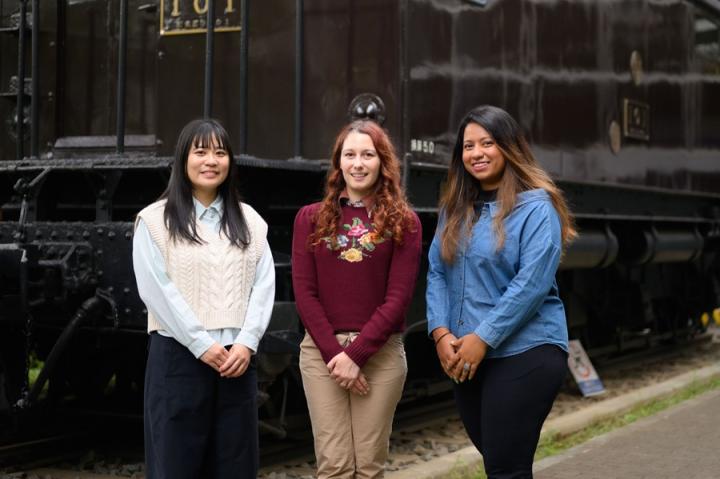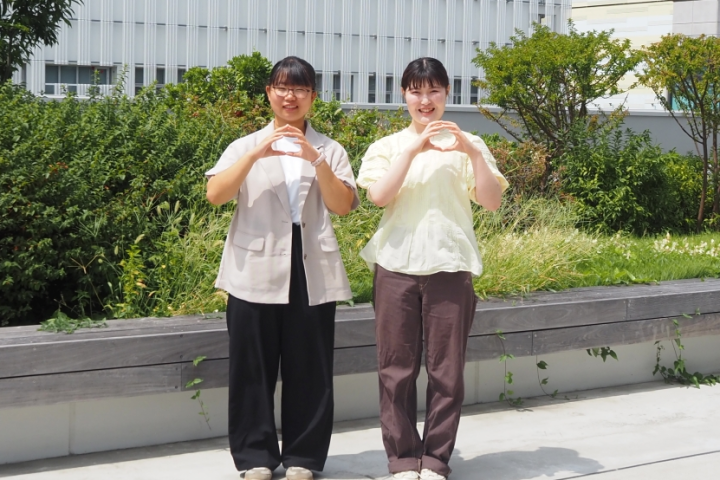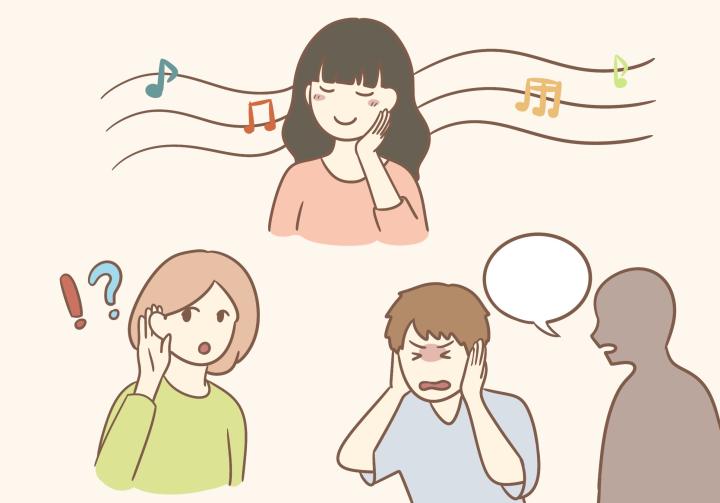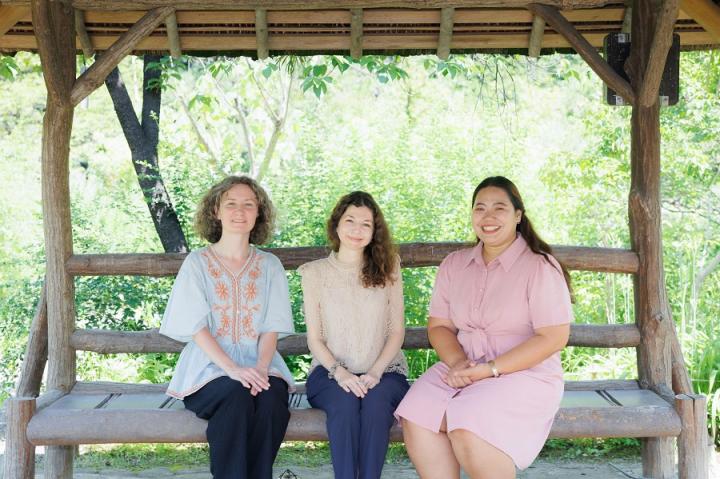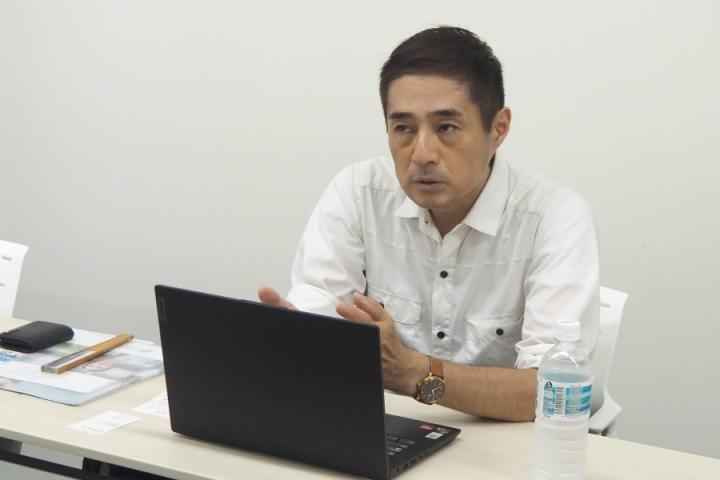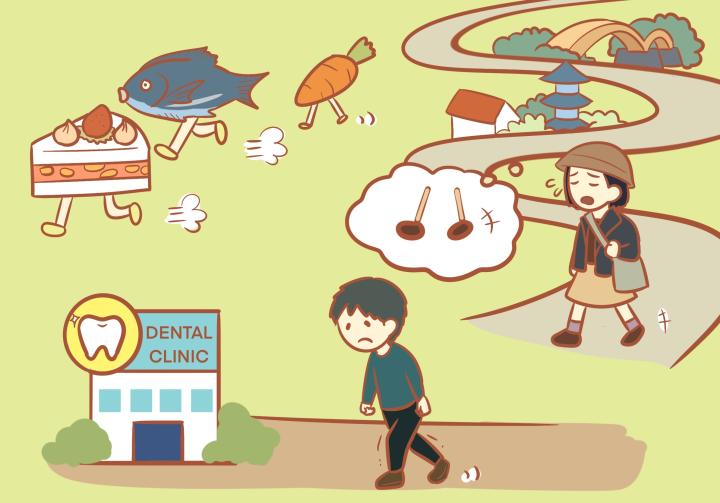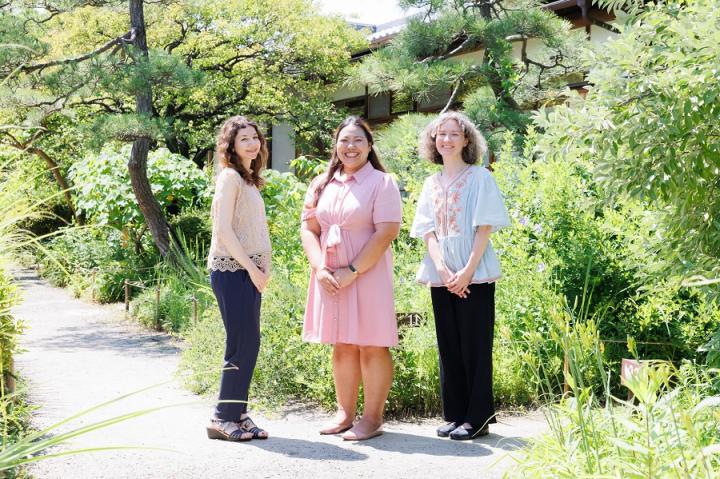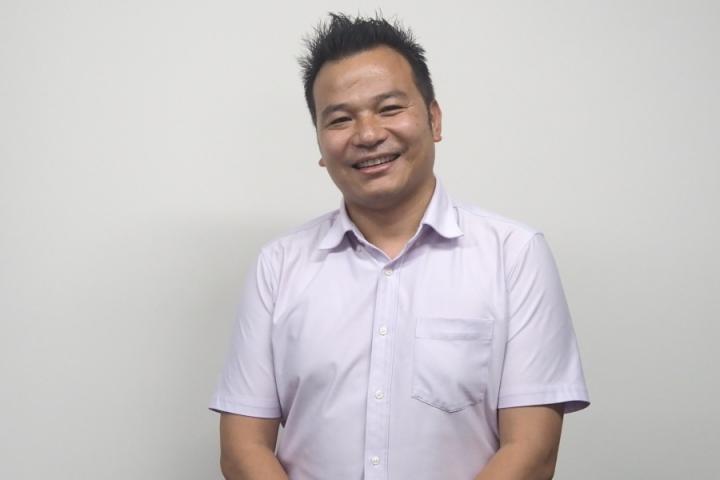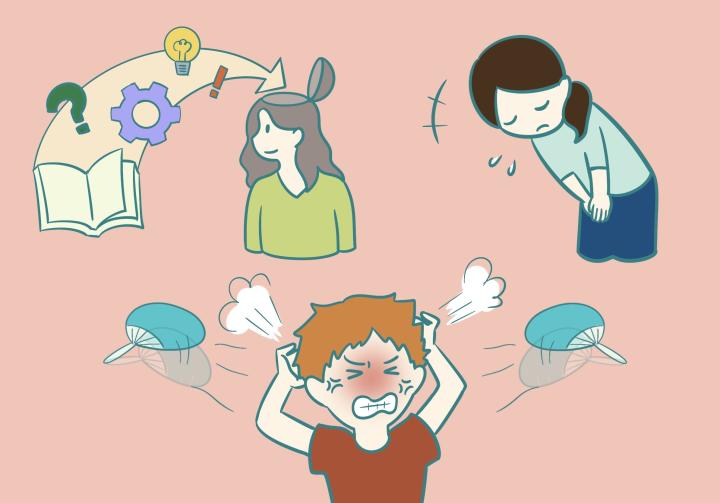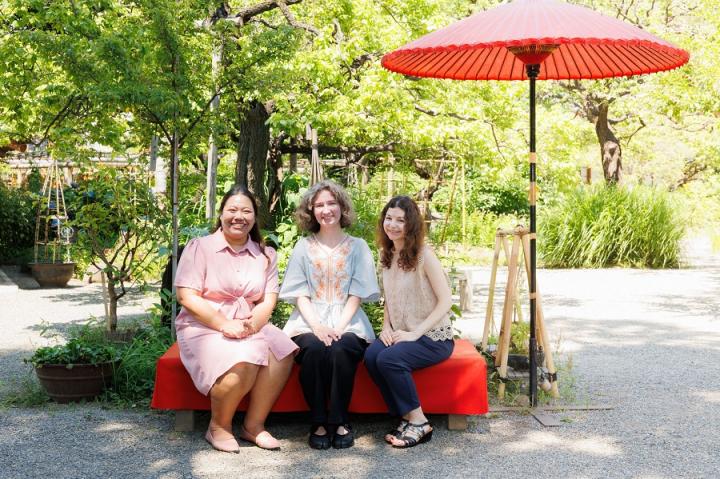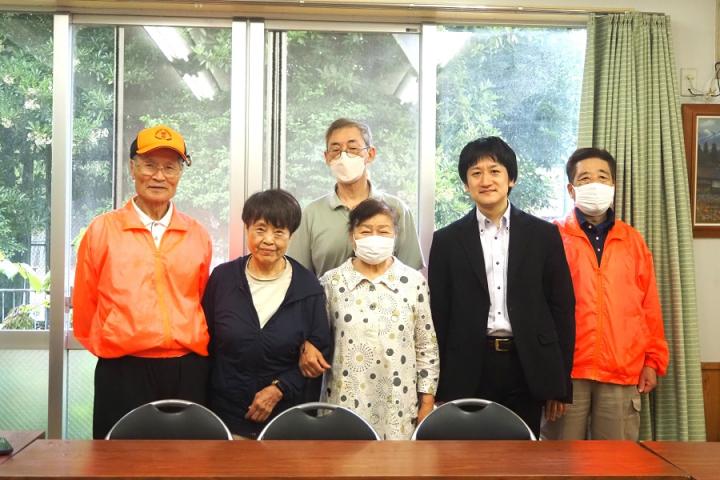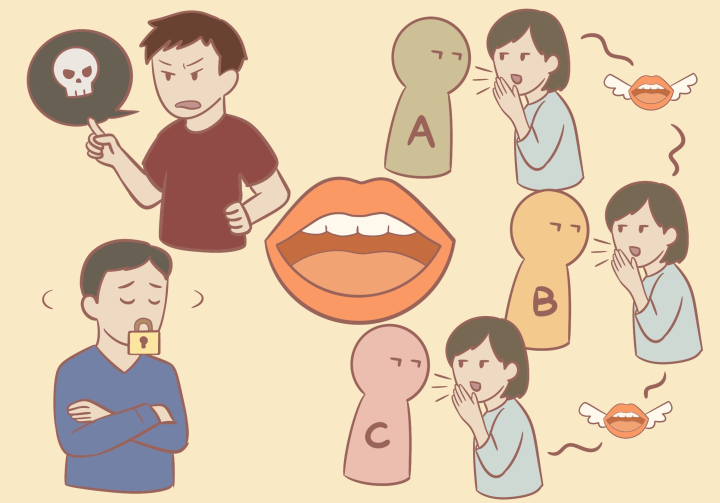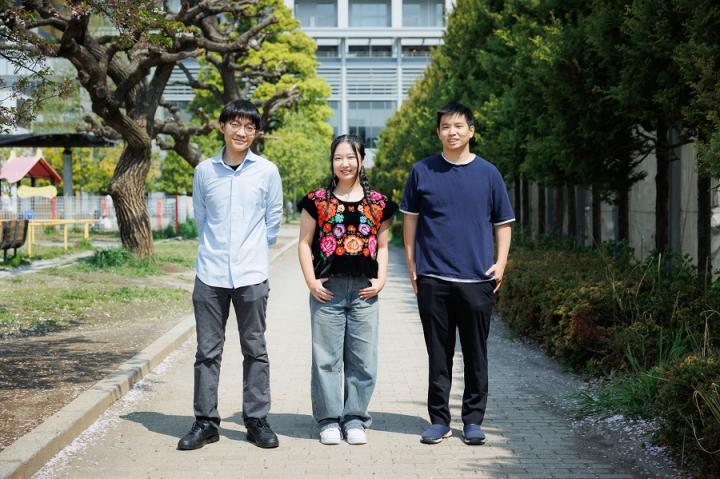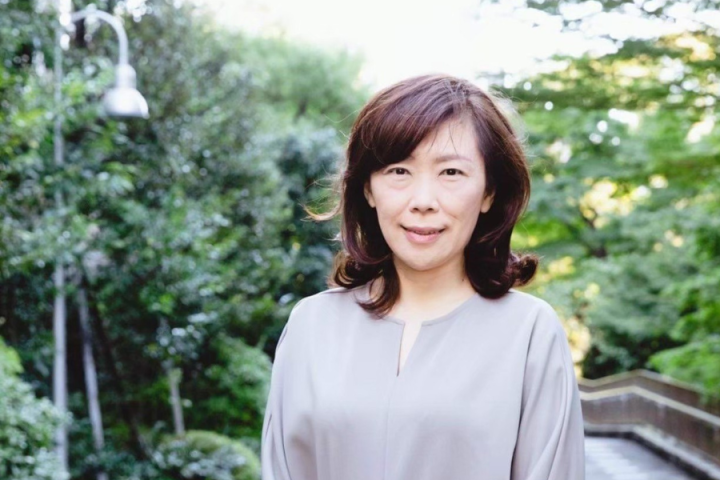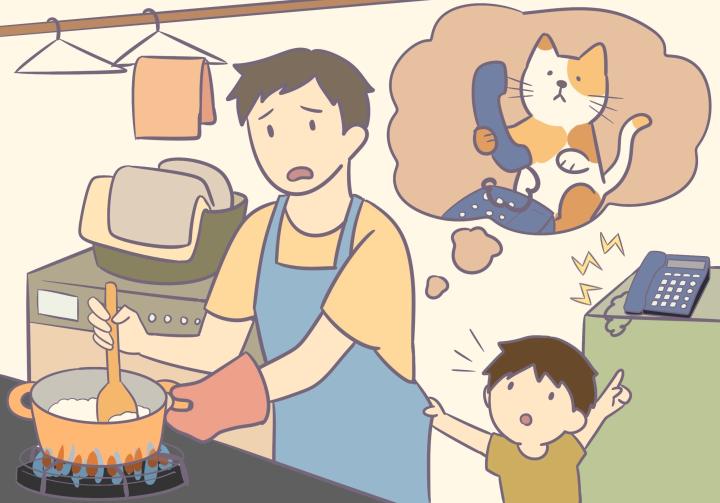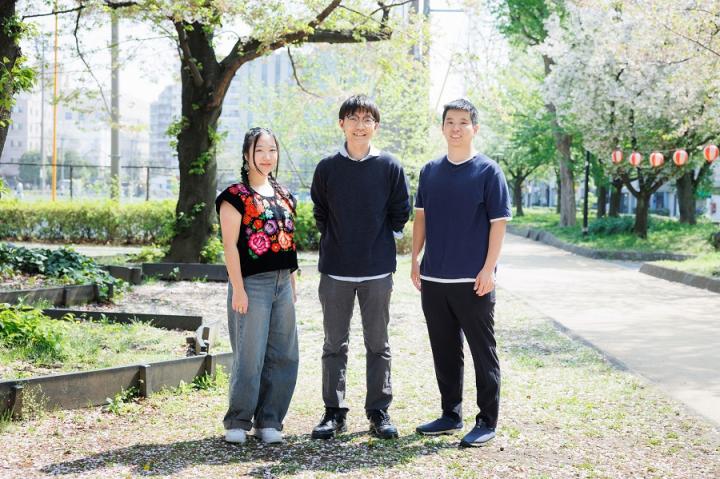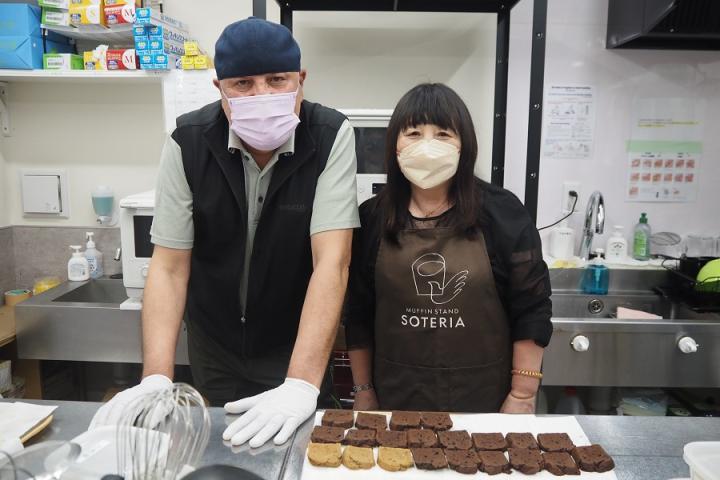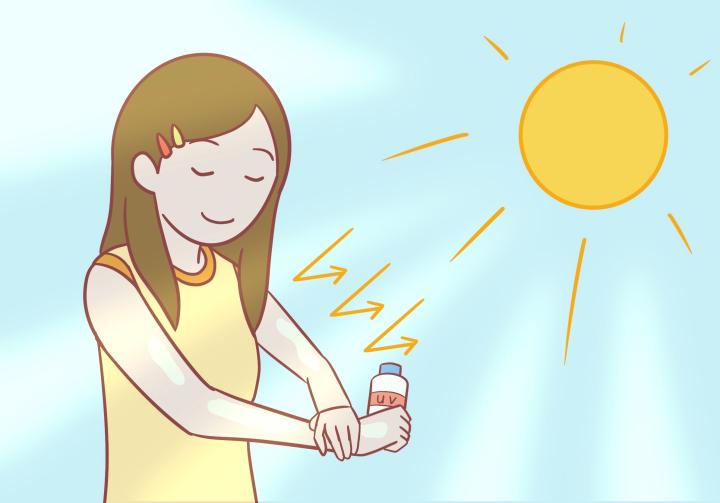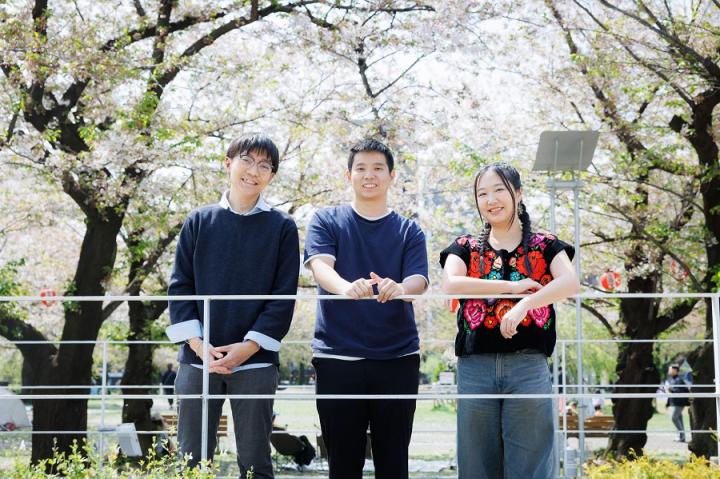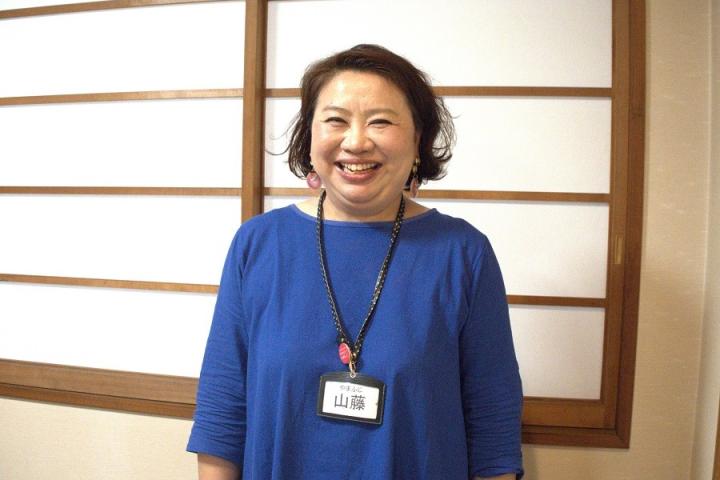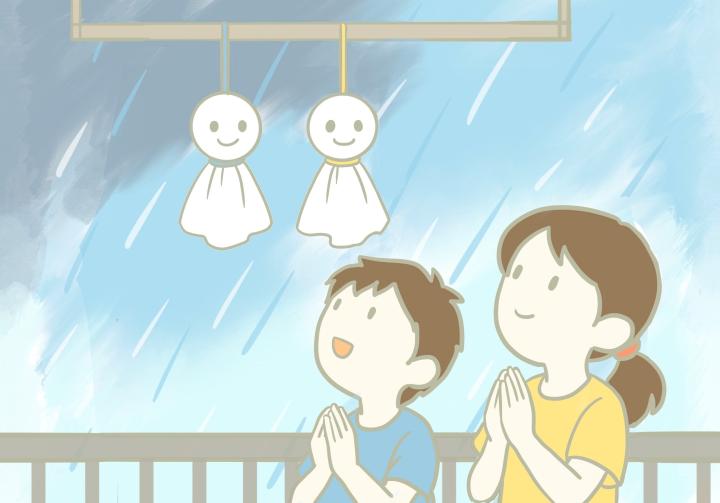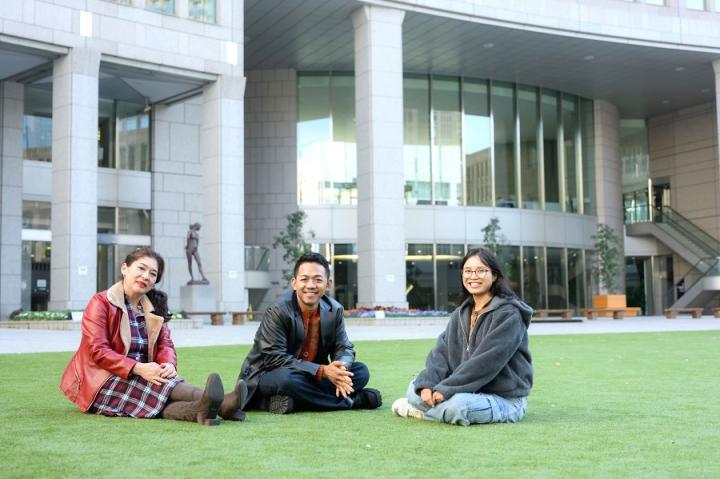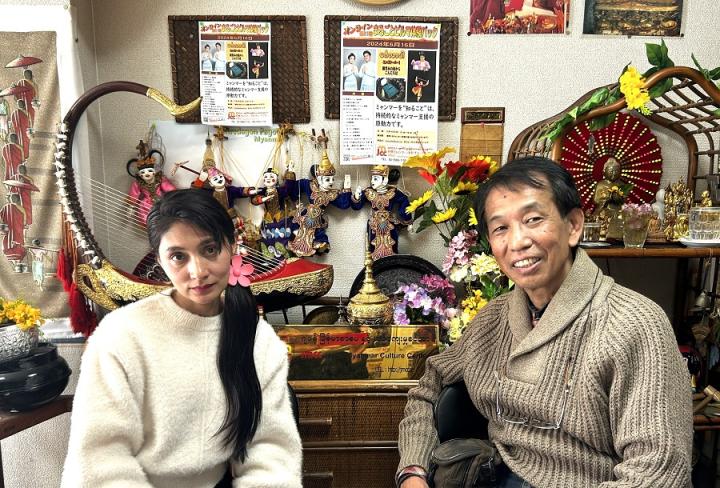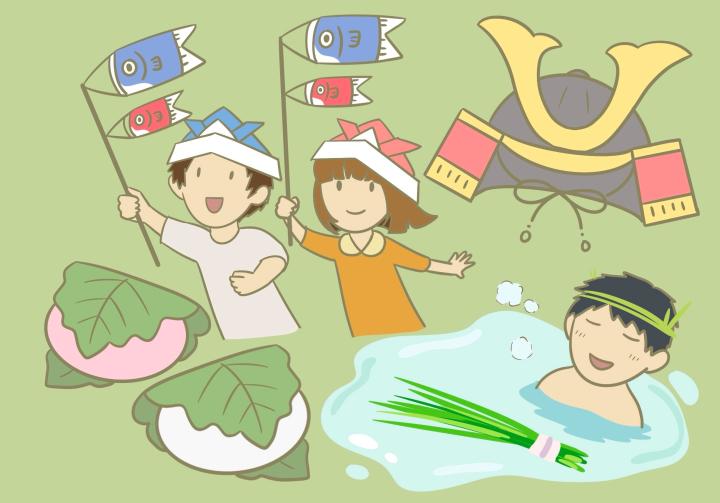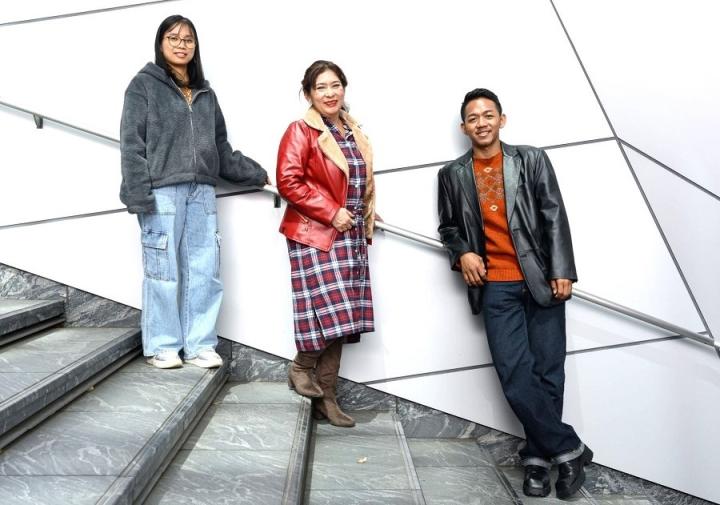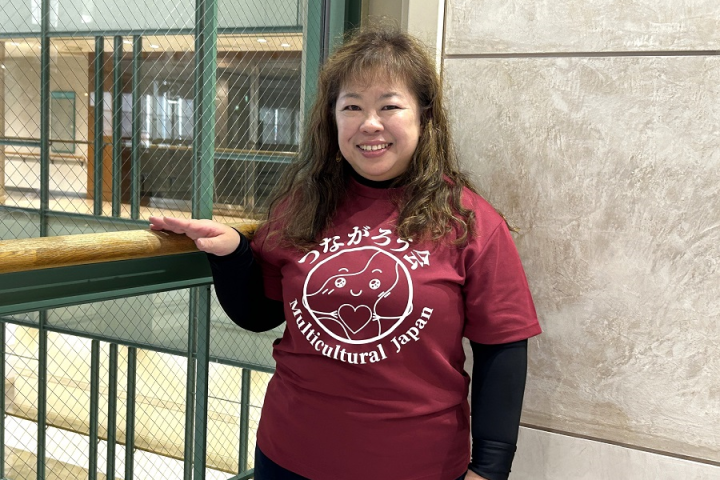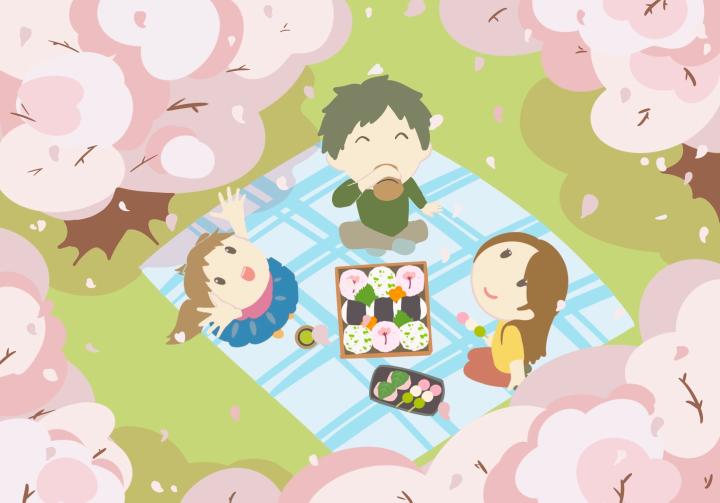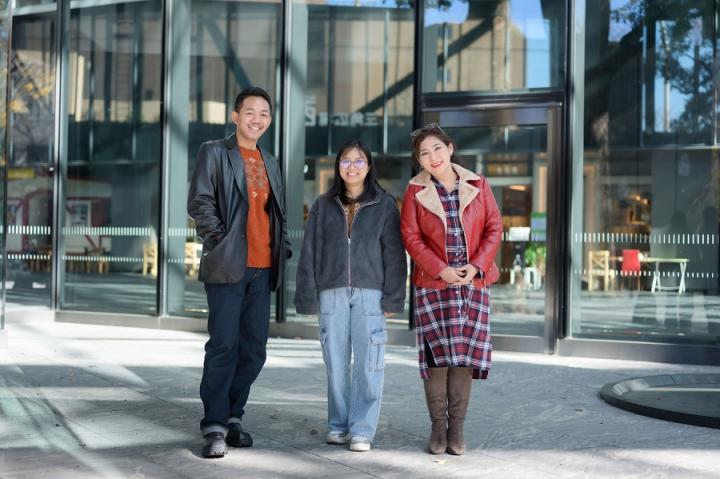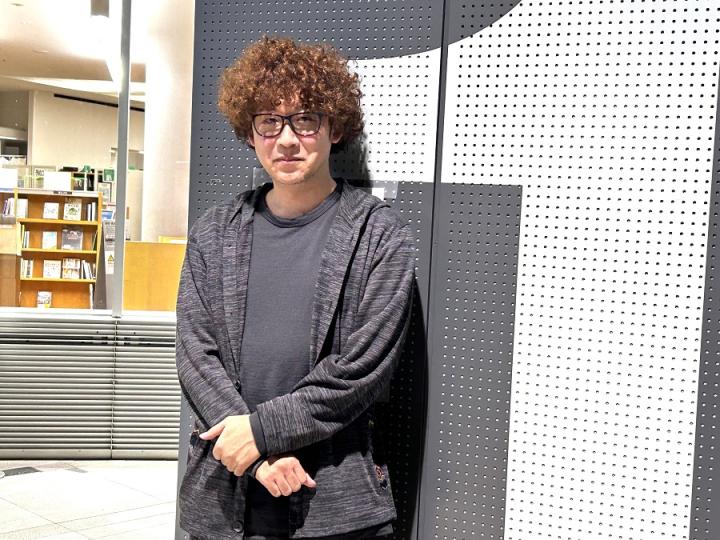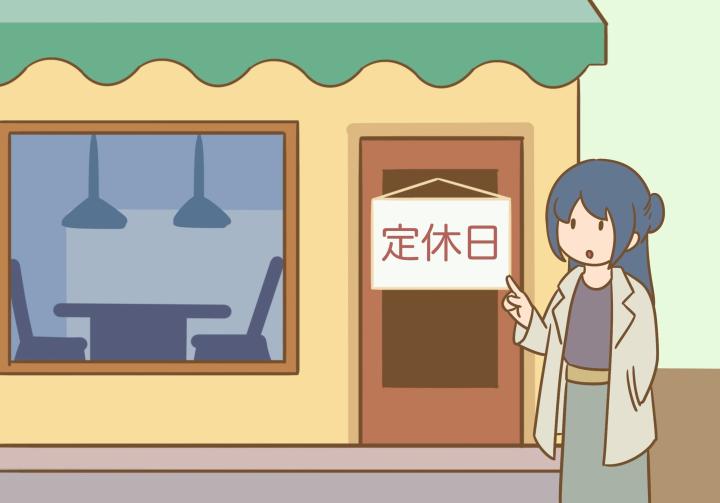-
People Involved in the Tourism and Travel Industry ①Inspiration for Pursuing Japan's Tourism and Travel Industry
- Intercultural Crosstalk
We present a series of 3 round-table discussions featuring “People Involved in the Tourism and Travel Industry.” The number of foreign tourists visiting Japan and Tokyo continues to grow year after year. This time, we spoke with 3 individuals who are engaged in Japan's tourism and travel industry, leveraging their own backgrounds and experiences. In round 1, we ask them about what sparked their interest in Japan's tourism and travel industry.
-
Student Organization Origami
- Close UP
Origami is a student group that aims to create volunteer activities in six areas—culture, environment, sports, international affairs, welfare, and education—to build a cohesive society. This organization consists of approximately 400 students from 80 universities. We interviewed Ms. Kanon Nagata, a fourth-year student, and Ms. Yuina Sasaki, a second-year student from the International Team, who are promoting the appeal of international volunteer activities to domestic students.
-
Idioms using the word "耳 (ear)"
- Motto Shiritai Nihongo
慣用句(idiom) are expressions that combine two or more words to create a different meaning. The meaning is completely different from the original words, so it is useful to know idioms. Idioms often use words related to the body, such as “te (hand)” and “ashi (leg).” This month, let’s learn some useful idioms that use the word “mimi (ear).”
-
People Who Taught Japanese in Their Home Countries ③Living in Japan as a Japanese Teacher
- Intercultural Crosstalk
We asked the 3 participants, who grew up overseas and came to Japan, the country of their roots, about their current jobs and their dreams and goals for the future.
-
Pathways Japan
- Close UP
The Public Interest Foundation Pathways Japan has supported over 200 refugees and displaced persons since its establishment in 2021. Pathways Japan welcomes young refugees and displaced persons who have been forced to leave their homes due to war or human rights violations, providing Japanese language education and support for further education and employment. We interviewed Mr. Norimasa Orii, the representative director of Pathways Japan, who is dedicated to helping each young person forge their own pathway toward the future.
-
Idioms using the word "足 (leg)"
- Motto Shiritai Nihongo
慣用句(idiom) are expressions that combine two or more words to create a different meaning. The meaning is completely different from the original words, so it is useful to know idioms. Idioms often use words related to the body, such as “te (hand)” and “ashi (leg).” This month, let’s learn some useful idioms that use the word “ashi (leg).”
-
People Who Taught Japanese in Their Home Countries ②About Teaching Japanese
- Intercultural Crosstalk
In this interview, we spoke with 3 people who have taught Japanese in their respective countries about Japanese language education in their countries, their experiences as teachers, and the challenges and rewards of their work.
-
NPO YouMe Nepal
- Close UP
YouMe Nepal is an NPO that operates schools and provides online education in Nepal. This organization was founded by Mr. Sharad Rai, a native of Nepal, who wanted to "open up the future for children in his home country" and "give back to the country that raised him." YouMe Nepal operates two schools in Nepal and is also working on online education and international exchange. We interviewed Mr. Sharad Rai about his thoughts on establishing an organization and running schools.
-
Idioms using the word "頭 (head)"
- Motto Shiritai Nihongo
慣用句(idiom) are expressions that combine two or more words to create a different meaning. The meaning is completely different from the original words, so it is useful to know idioms. Idioms often use words related to the body, such as “te (hand)” and “ashi (foot).” This month, let’s learn some useful idioms that use the word “atama (head).”
-
People Who Taught Japanese in Their Home Countries ①Motivation for Becoming a Japanese Language Teacher
- Intercultural Crosstalk
Round-table discussions with "People who taught Japanese in their home countries" will be presented in this 3-part series. Just as there are Japanese teachers teaching English in Japan, there are many foreign teachers teaching Japanese around the world. In the first episode, we hear from 3 participants about their reasons for choosing to become Japanese language teachers and their backgrounds.
-
Multicultural Club Nishigaoka 3-chome Residents' Association
- Close UP
The Tokyo Metropolitan government housing Nishigaoka 3-chome Apartment Complex, located on the border of Itabashi City, is in Kita City. The number of foreign households, which accounts for more than 10% of the 450 households in the apartment complex, is increasing year by year. The Nishigaoka 3-chome Residents' Association, to which residents of the housing complex belong, is promoting multicultural coexistence in collaboration with a University. We spoke with Ms. Chiyo Sasaki, chairperson of the Nishigaoka 3-chome Residents' Association, its board members, and Mr. Kazuki Murakami, associate professor in the Department of Sociology at Toyo University, about their activities.
-
Idioms using the word "口 (mouth)"
- Motto Shiritai Nihongo
慣用句(idiom) are expressions that combine two or more words to create a different meaning. The meaning is completely different from the original words, so it is useful to know idioms. Idioms often use words related to the body, such as “te (hand)” and “ashi (foot).” This month, let’s learn some useful idioms that use the word “kuchi (mouth).”
-
People Who Have Come to Japan, The Country of Their Roots③ -Future Dreams and Goals-
- Intercultural Crosstalk
We asked the 3 participants, who grew up overseas and came to Japan, the country of their roots, about their current jobs and their dreams and goals for the future.
-
Nichietsu Tomoiki Shienkai
- Close UP
The NPO Nichietsu Tomoiki Shienkai is involved in various activities aimed at protecting the lives and human rights of Vietnamese people working in Japan. We spoke with Ms. Jiho Yoshimizu, a representative of an organization actively working to create a society in Japan where young Vietnamese people can continue to work without absconding from their workplaces or losing their lives.
-
Idioms using the word "手 (hand)"
- Motto Shiritai Nihongo
慣用句(idiom) are expressions that combine two or more words to create a different meaning. The meaning is completely different from the original words, so it is useful to know idioms.
-
People Who Have Come to Japan, The Country of Their Roots② -Japan and I-
- Intercultural Crosstalk
The three participants came to Japan, the country of their roots, with their own thoughts and feelings. In round 2, we asked them about their impressions of Japan, their feelings upon arriving in Japan, and how their thoughts on identity have changed.
-
Incorporated Nonprofit Organization Soteria Tokyo
- Close UP
Soteria Firm, which sells handmade muffins and rusks with a gentle taste, under the theme of "mental and physical health," is a social firm where people from diverse cultures and backgrounds come together to work. This is also a place where many staff members with foreign roots are actively working. We interviewed Ms. Sayaka Tsukamoto, a member of the incorporated NPO Soteria Tokyo office, who supports the store as management, about her thoughts on the activities of Soteria Firm.
-
Hiyake (Sunburn) and Shigai-sen (UV Rays)
- Motto Shiritai Nihongo
In June, it rains a lot in Japan. Weather forecasts use a variety of words related to rain, so knowing the words for rain will help you better understand the information.
-
People Who Have Come to Japan, The Country of Their Roots① -The Country Where I Was Born and Raised-
- Intercultural Crosstalk
We will be presenting a three-part series of round table discussions with "people who have come to Japan, the country of their roots." There are many people living overseas who have roots in Japan. In this series, we will hear from 3 people who were born and raised overseas but chose to come to Japan, the country of their roots, of their own volition. They will talk about their reasons for making that decision, the countries where they grew up, and their thoughts on their identity.
-
Taito Tabunka Kyosei Machizukuri no Kai – Taito Multicultural Community Development Group
- Close UP
"Taito Tabunka Kyosei Machizukuri no Kai" is a group of foreigners and Japanese people living in Taito City who think about community development together as community members, through activities such as neighborhood clean-ups and opening stalls at morning markets. We interviewed Ms. Hiroko Yamafuji, the Multicultural Coordinator and Regional Japanese Language Education Coordinator - who launched "Taito Tabunka Kyosei Machizukuri no Kai" together with local foreign residents - about the activities of the group.
-
[Words Used in Weather Forecast News] The Words for Rain
- Motto Shiritai Nihongo
In June, it rains a lot in Japan. Weather forecasts use a variety of words related to rain, so knowing the words for rain will help you better understand the information.
-
Caregivers From Abroad③ -The Future of the Care-giving Profession-
- Intercultural Crosstalk
We asked 3 caregivers working in the field to talk about the future of the care-giving profession, the rewards of working in the field, and whether they want to continue working in the field.
-
Japan Myanmar Culture Center (JMCC)
- Close UP
The Japan Myanmar Culture Center (JMCC), an NPO headed by Myanmar national Ms. Ma Hay Mar, is an encouraging support for Myanmar people in Japan. The JMCC is based in Takadanobaba, Tokyo, and receives many inquiries from Japan and Myanmar. We spoke with Ms. Ma Hay Mar, Director, and Mr. Kiyoshi Ochiai, Chairman of the Board, about the activities of JMCC.
-
[Words for Seasons] Tango No Sekku - Children's Day (Japanese National Holiday)
- Motto Shiritai Nihongo
Here is this season's phrase: Tanngo no sekku. May 5th is the day of Tango no Sekku, a Japanese tradition to celebrate the growth of boys. Today, May 5th, is Children's Day, a day to wish for good health and happiness for both boys and girls.
-
Caregivers From Abroad② -Life as a caregiver-
- Intercultural Crosstalk
Caregivers work shifts, so the time they start work varies from day to day. How do they manage their health and what kind of life do they lead? How do they spend their days off? We also asked them about the difficulties they face in continuing to work in a field that is said to be short of staff.
-
Tsunagarou Kai Multicultural Japan
- Close UP
The NPO Tsunagarou Kai Multicultural Japan, which began its activities in 2022, is based in Hachioji. Tsunagarou Kai aims to help create an inclusive society where people accept and acknowledge their differences and support each other regardless of gender, age, nationality or disability. We spoke with the organization’s founder and representative, Ms. Marcia Chikaraishi.
-
Words Used During the Cherry Blossom Season
- Motto Shiritai Nihongo
Cherry blossoms bloom in spring. They are the most famous of all spring flowers in Japan. There are many places in Tokyo known for their cherry blossoms. In Tokyo, cherry blossoms bloom from the end of March to around April. Everyone is looking forward to the cherry blossoms blooming. Here are some words used during the cherry blossom season.
-
Caregivers From Abroad ① -How I Came To Work As a Caregiver And The State Of Caregiving Industry In My Country Of Origin-
- Intercultural Crosstalk
We will be delivering a 3-part series of round-table discussions with caregivers from abroad. The number of foreign residents working in the elderly care industry is increasing year by year. Amidst the current shortage of care workers, we spoke to 3 people who are actually working hard in the care industry about how they got into it, what their jobs entail, and their thoughts on the work.
-
NPO Bosai Community Network
- Close UP
NPO Bosai Community Network is an organization that aims to form communities connected by disaster preparedness (bosai) - a common issue for Tokyo’s residents - while developing educational and community projects related to disaster preparedness in various areas in Tokyo. NPO Bosai Community Network conducts disaster preparedness activities that can be participated in "casually, easily, and happily" in various regions, such as community cleanup programs that adopt a disaster preparedness perspective, city walks, and a children’s cafeteria that uses emergency rations. We interviewed Mr. Takahiro Uto, one of the founders of the organization.
-
Words used when you want to know the schedule of shops, stores, and restaurants you want to visit.
- Motto Shiritai Nihongo
Here are some words you might see when you check the schedule of shops, stores, and restaurants.

